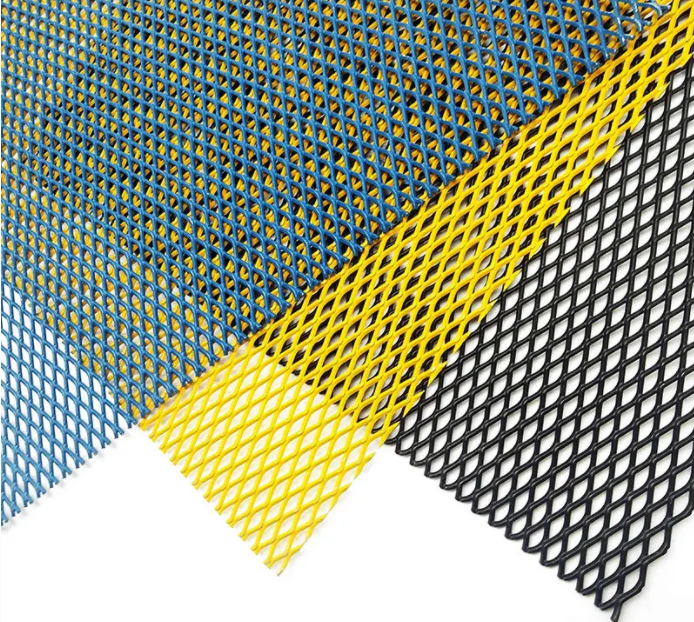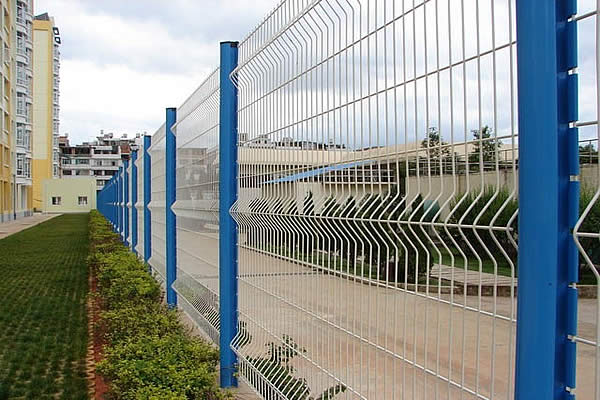Soft black iron wire, a versatile material pivotal in various industries, offers an unparalleled combination of durability and flexibility. It is essential for manufacturers, construction workers, and craftsmen who seek a reliable, robust, and adaptable resource. This wire, known for its exceptional pliability and strength, boasts a myriad of applications that span from industrial to domestic use, underscoring its indispensable role in modern technology and infrastructure.

Experts in metallurgy often prefer soft black iron wire due to its unique composition and customizable attributes. Its production involves a meticulous process where raw iron is transformed into a highly malleable form, obtaining a dark luster characteristic of its appearance. The soft annealed finish of this wire is achieved through a heat treatment process that enhances its ductility and reduces its hardness, making it the preferred choice for binding and tying operations. This annealing process not only enriches the wire’s mechanical properties but also heightens its resistance to wear and tear, underscoring its robustness in demanding environments.
In the construction industry, the application of soft black iron wire is broad and integral. It serves primarily as a binding material in rebar connections and as scaffold ties, offering essential support and structural integrity to constructions of varied scales. Contractors rely heavily on its tensile strength and its ability to mold into desired forms without compromising on safety and durability. The ease with which it can be cut and installed further cements its position as a crucial component in construction operations.

Agricultural fields witness an extensive application of soft black iron wire due to its resilience and adaptability in creating and maintaining crop support structures. Farmers often employ it to fabricate fencing systems that not only secure their lands but also provide flexible yet sturdy enclosures for livestock, ensuring animal safety. The wire’s resistance to environmental elements enhances its longevity, making it cost-effective in the long run. Experts in agricultural engineering vouch for its capability to withstand both extreme weather conditions and constant pressure exerted by enclosed animals.
In the realm of artistry and craftsmanship, soft black iron wire emerges as a favorite for creating intricate sculptures and bespoke decorative items. Its pliability allows artisans to fashion intricate designs, offering both an aesthetic appeal and structural durability. Sculptors appreciate the ease with which this wire can be manipulated into complex shapes, which stays stable over time. Moreover, artists can further experiment by applying various surface treatments to the wire, enhancing its visual appeal and ensuring its place in modern art installations worldwide.
soft black iron wire
Electronics and electrical industries also employ soft black iron wire for its conductivity and resilience in manufacturing components and frameworks. The material’s properties make it ideal for grounding applications, providing a reliable solution for electrical impedance issues. Engineers and technicians acknowledge its capacity to meet the rigorous demands of modern electrical systems, ensuring safety and efficiency in their designs.
Despite its widespread applicability, the selection of the right grade of soft black iron wire demands careful consideration, especially regarding the operational environment and specific usage requirements. Top-tier suppliers offer multiple variants, catering to diverse industry needs, and ensure quality and consistency through rigorous testing standards. Professionals endorse dealers who prioritize superior metal purity and deliver wires having consistent diameter and uniform coating, crucial quality factors influencing performance and reliability.
In terms of sustainability, efforts are underway to enhance the production methods of soft black iron wire to align with eco-friendly standards. Manufacturers are gradually incorporating recycling protocols and reducing carbon footprints during production, emphasizing the industry’s commitment to sustainability without compromising on the quality of the final product.
Understanding the characteristics and utilities of soft black iron wire not only aids in optimizing its applications but also fortifies trust among users regarding its dependability and efficacy. Professionals across various fields continuously explore its potential, building upon its well-established reputation to innovate and expand its horizons further.
In conclusion, soft black iron wire stands as a quintessential part of many sectors, embodying characteristics that foster innovation and resilience. Its continual evolution and enduring relevance across industries reinforce its role as a material that blends functionality with simplicity, ensuring it remains a staple in both traditional and emerging domains.
 TEL:
+86-13102802206
TEL:
+86-13102802206
 Email:
fencenetting@china.com
Email:
fencenetting@china.com
 Language
Language
 TEL:
+86-13102802206
TEL:
+86-13102802206
 Email:
fencenetting@china.com
Email:
fencenetting@china.com
 Language
Language



